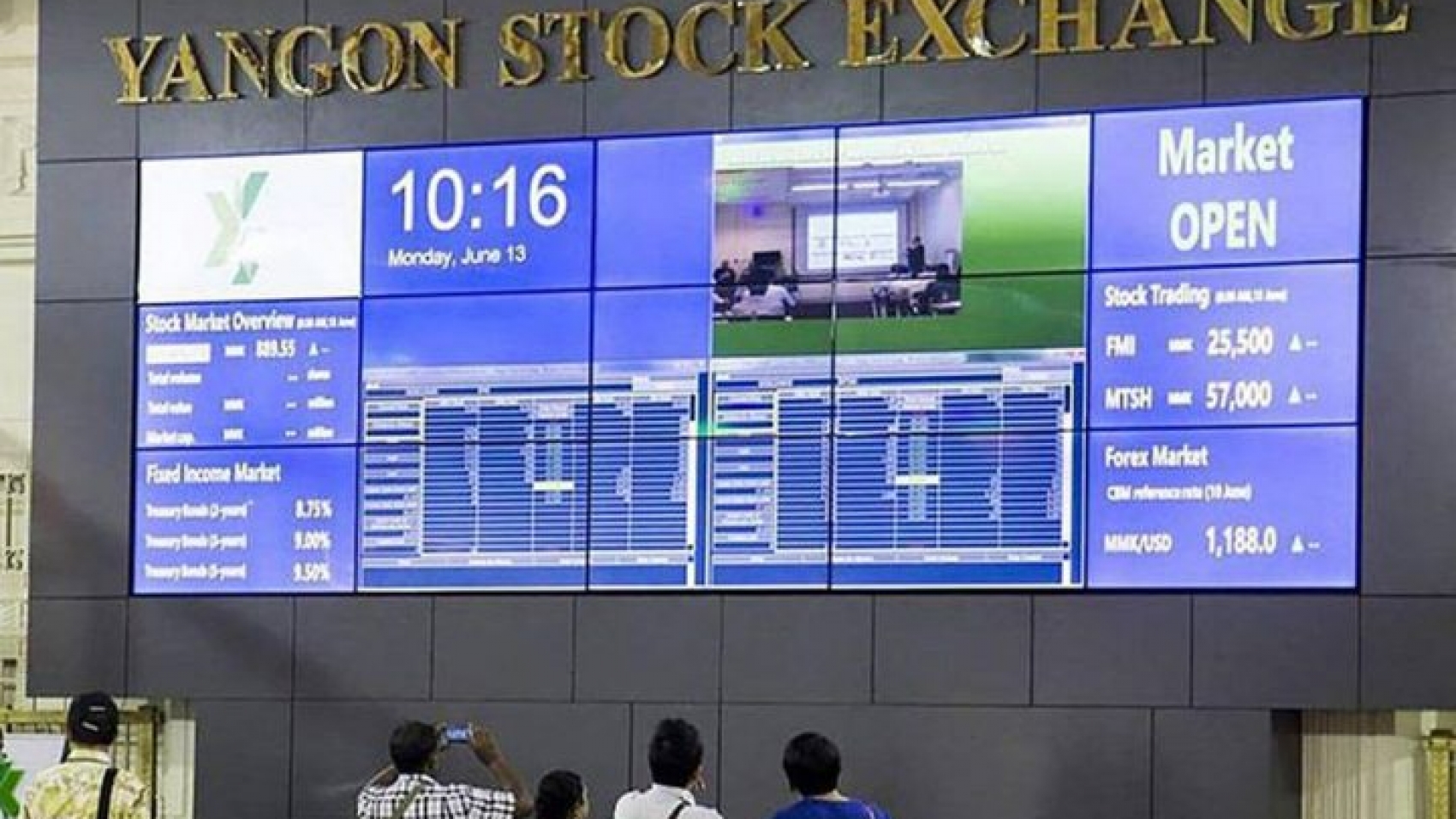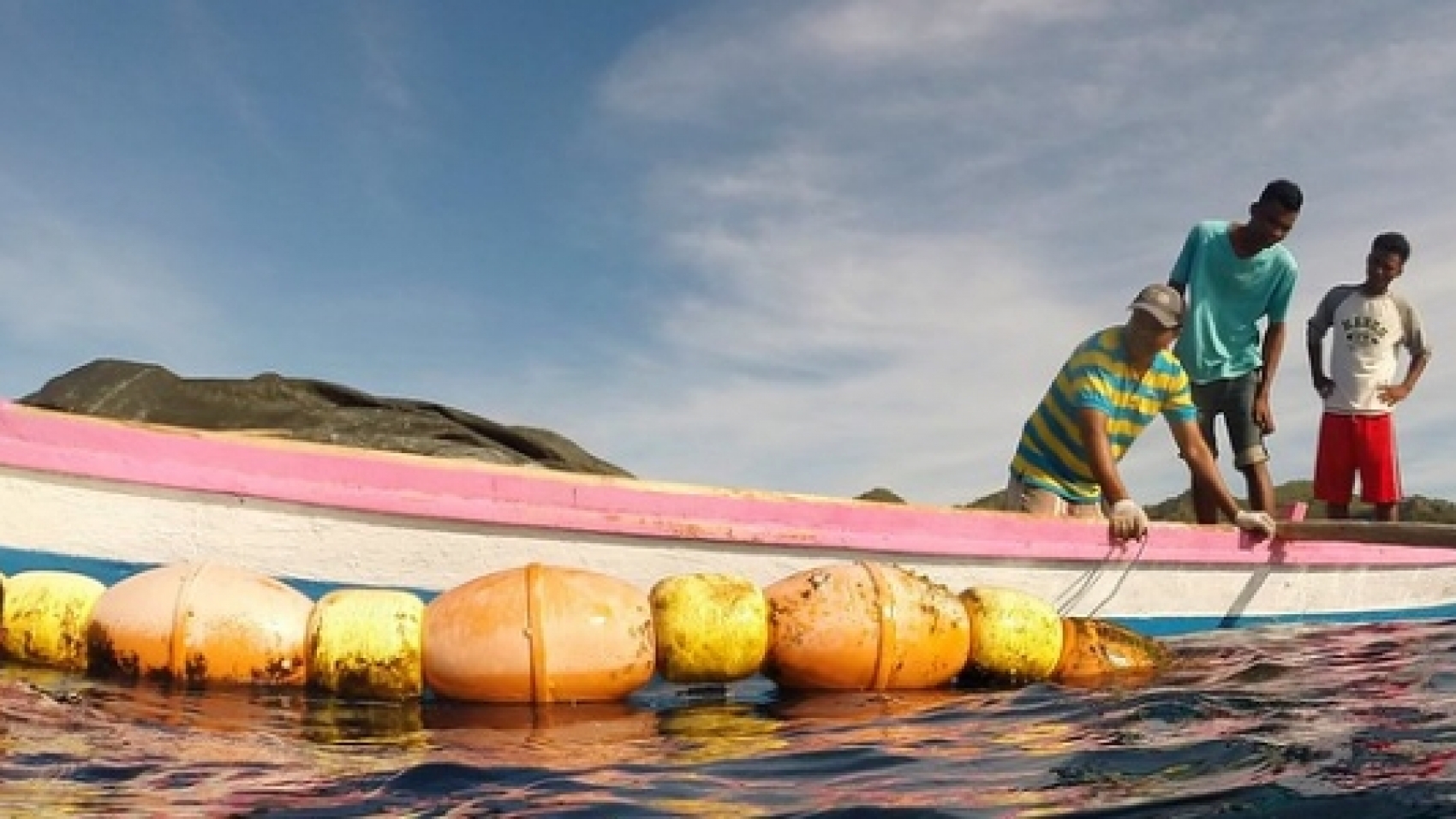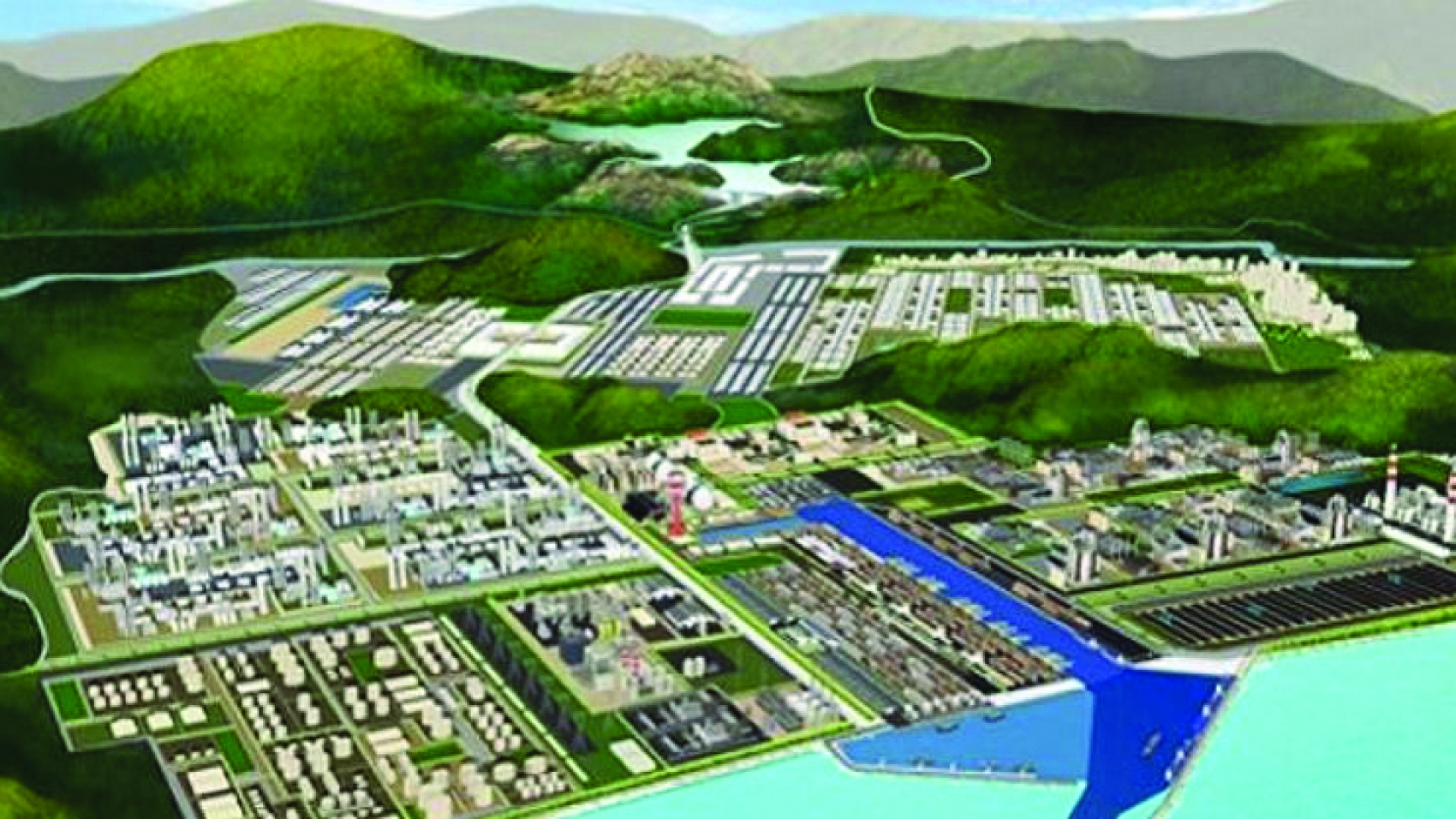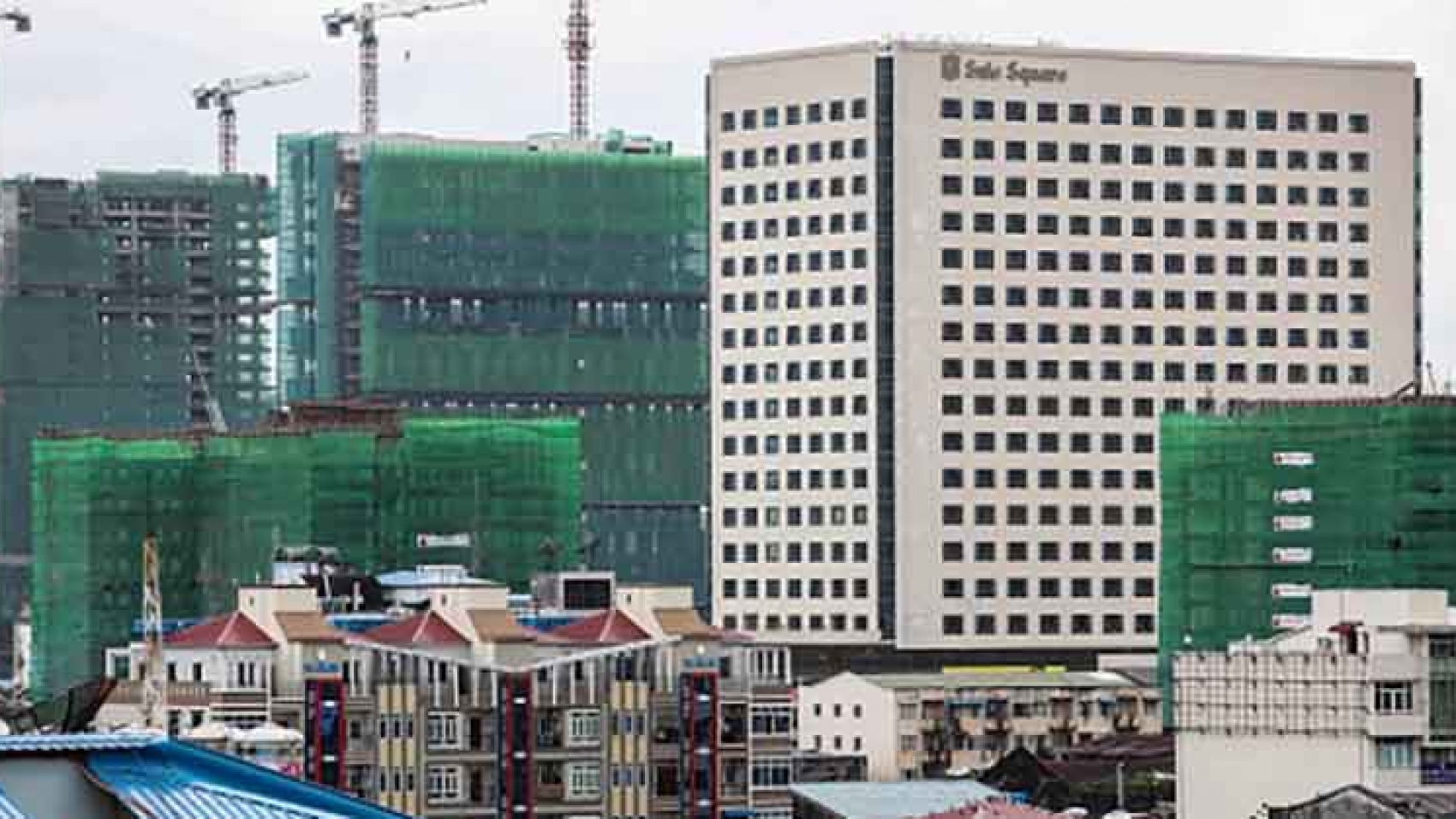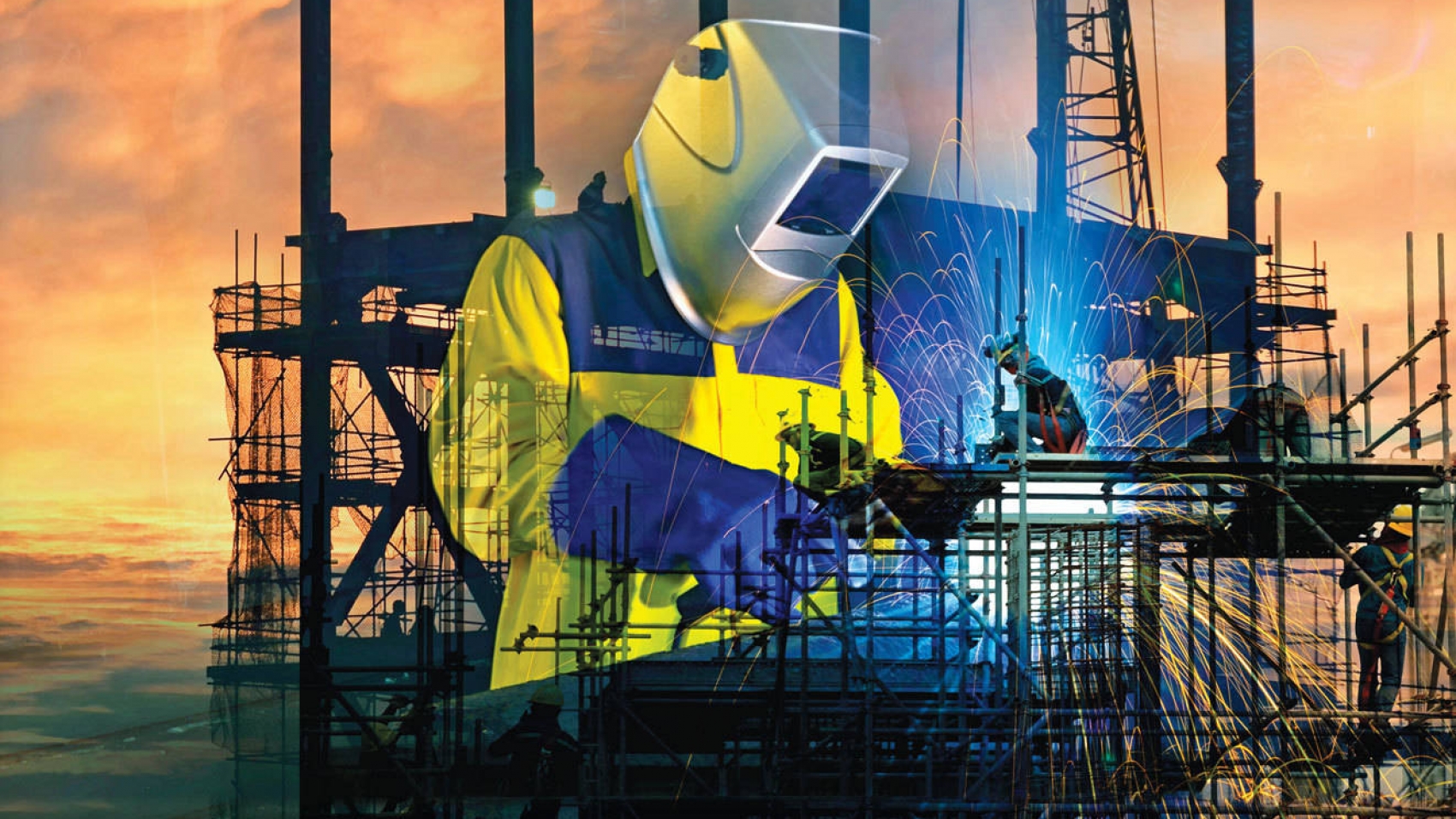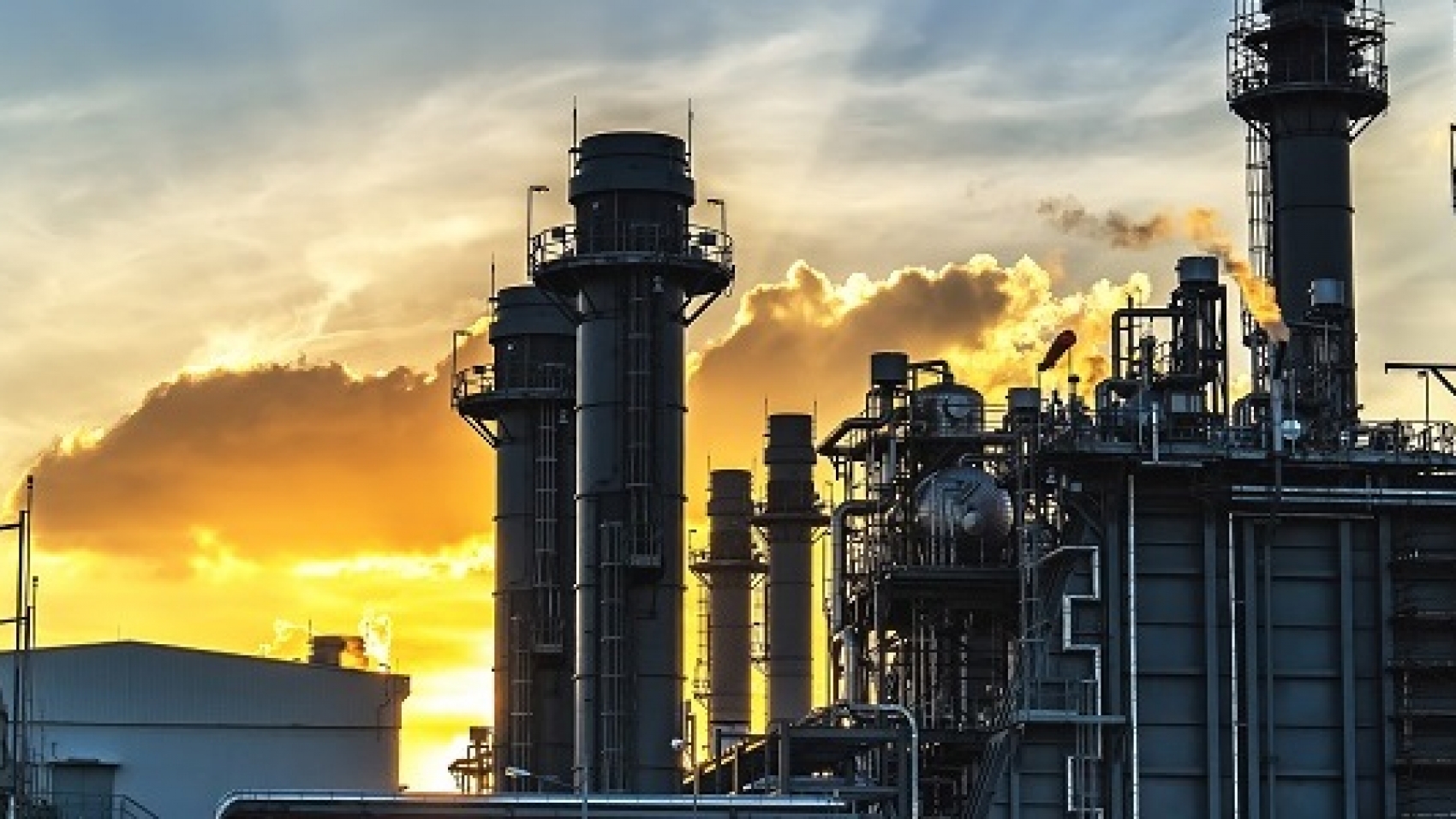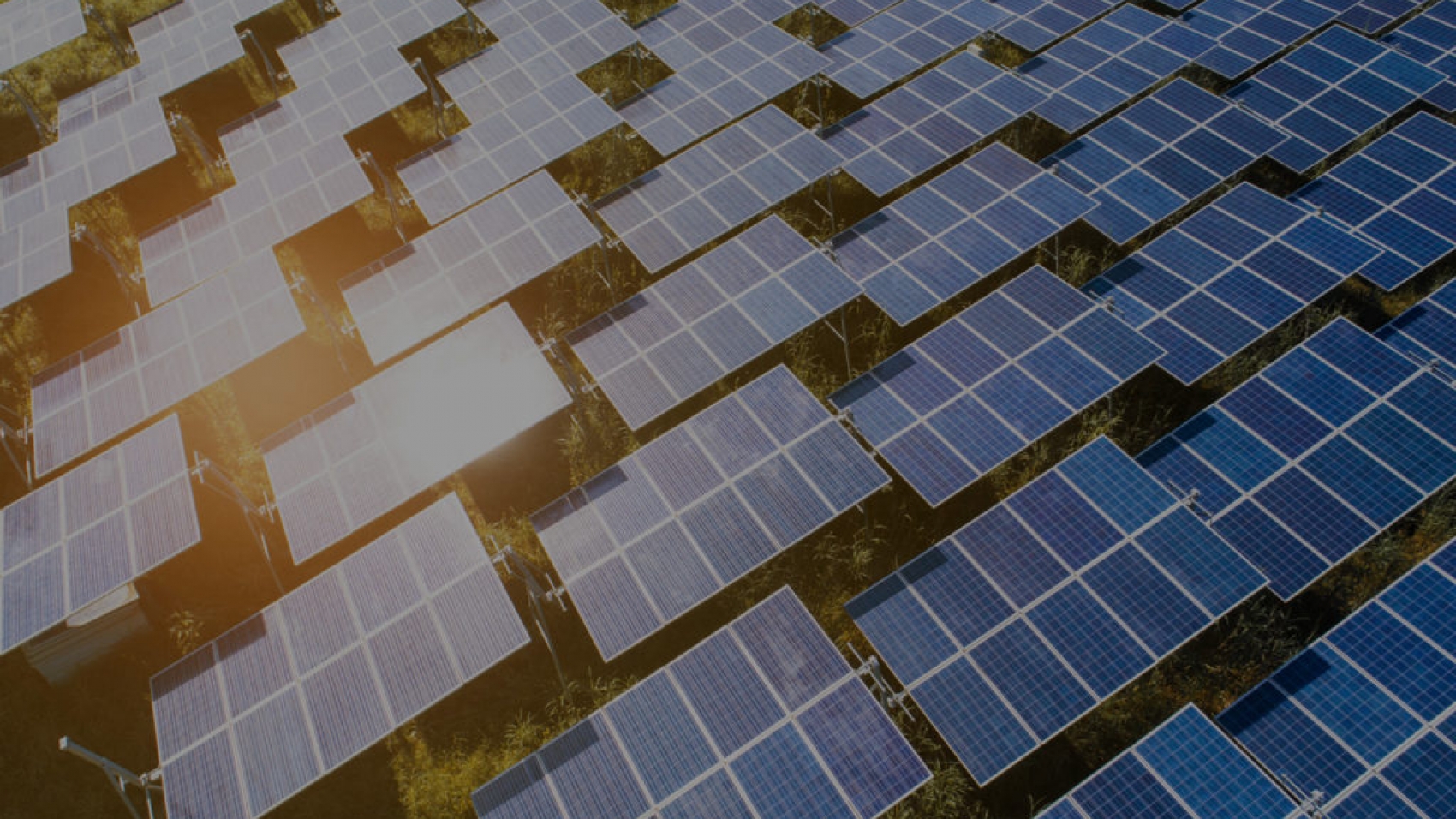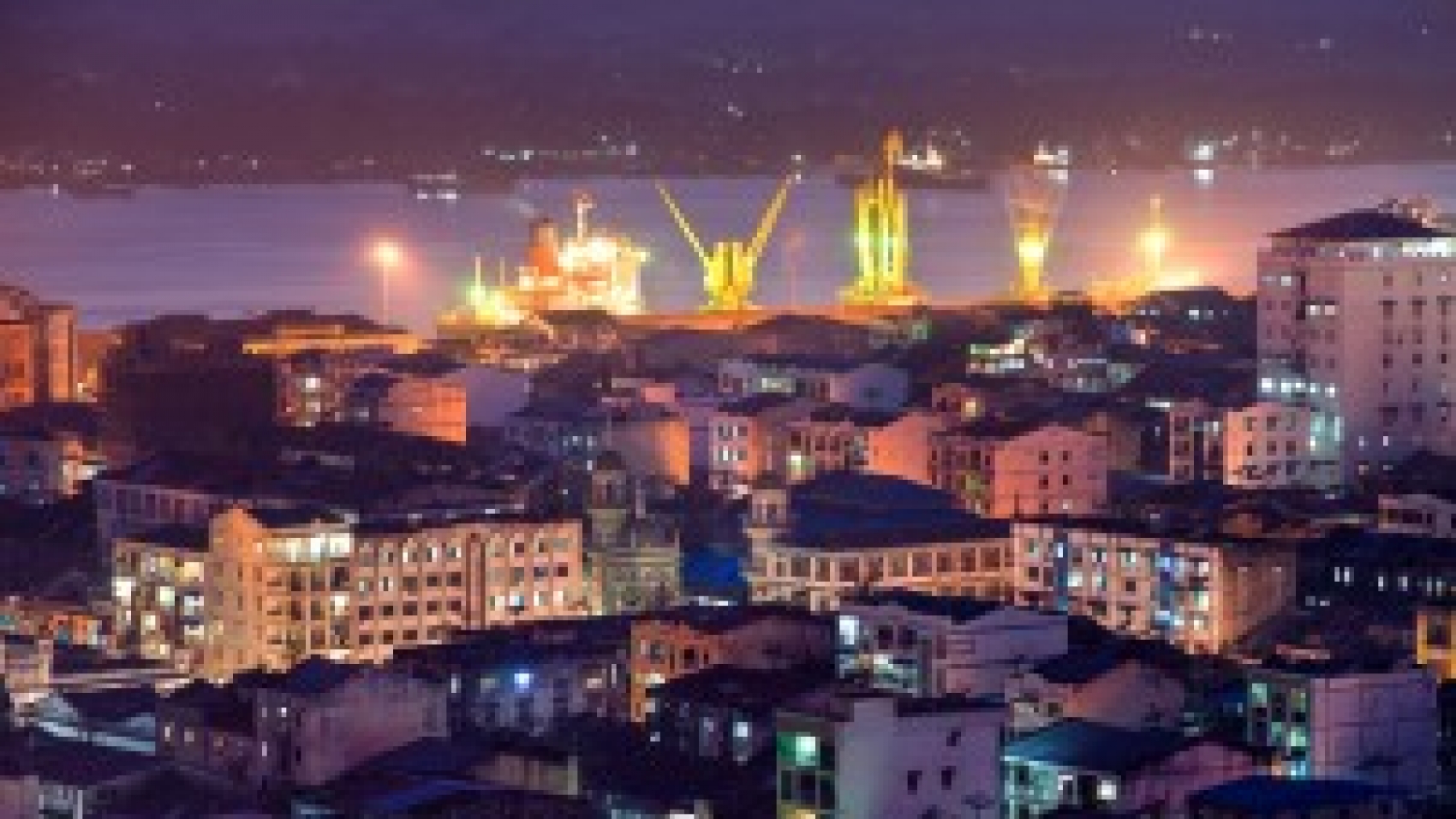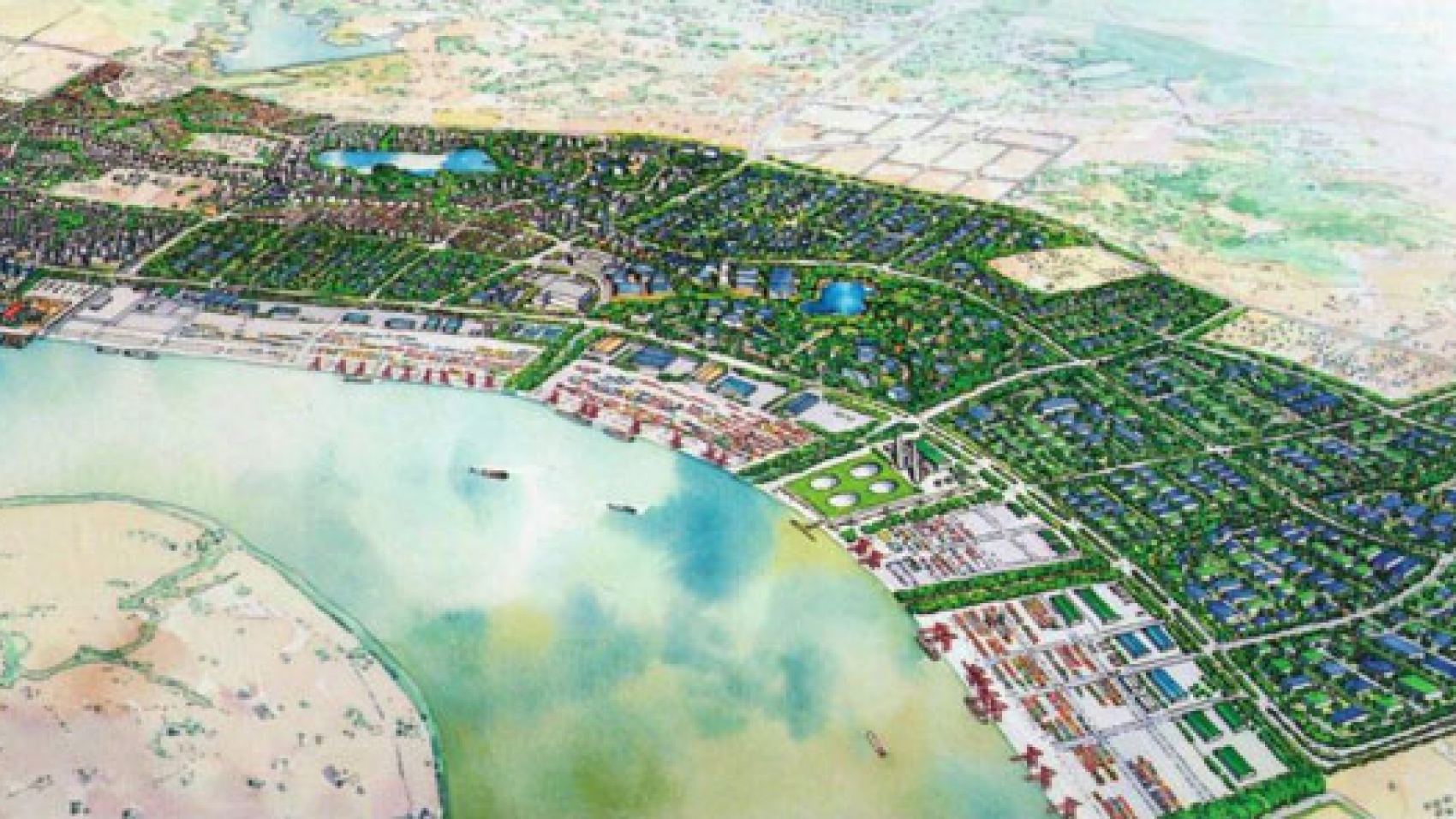Foreign investors have bought more than 4502,600 shares of the four companies in the past 10 months, allowing foreigners to buy shares in companies listed on the Yangon Stock Exchange, according to figures released by the Yangon Stock Exchange. Starting from March 20, 2020, foreigners, Foreign organizations were allowed to buy shares in the Yangon Stock Exchange. As of January 27, 2021, 4502,679 shares were purchased from four of the six companies listed on the Yangon Stock Exchange. The number of shares purchased by each company is 4458,136 shares in First Myanmar Investment Company Limited (FMI); 31973 at Thilawa AS Isaac Holdings Public Limited (MTSH); 7,125 at Ever Flow River Group Public Co., Ltd; 5445 at TMH Telecom Public Co., Ltd. Yangon Stock Exchange (YSX) List of companies that want to invest in shares of companies listed on the Yangon Stock Exchange (YSX).
Ministry of Finance and Industry The Securities and Exchange Commission issued a notification No. (4/2020). The Securities and Exchange Commission of Myanmar (SEC) has issued Notification No. (1/2019) and Directive No. (1/2020) and allowed foreigners to participate in the daily trading of shares of companies listed on the Yangon Stock Exchange. According to Article 3 (c) of Directive (1/2020), foreigners (including individuals and organizations) wishing to invest must first visit a securities company and obtain a letter of recommendation. After that, Resident Kyat Account for Securities (R-KAS) for domestic residents and Non Resident Kyat Account for Securities (N-KAS) and Non-resident Foreign Currency Account for Securities (N-FAS) accounts can only be opened in Securities Companies.
Therefore, foreigners wishing to invest in the shares of companies listed on the Yangon Stock Exchange (YSX) open and trade in the bank accounts specified by the Commission. Ministry of Finance and Industry The Securities and Exchange Commission has issued a petition. The Central Bank of Myanmar has issued Directive No. 3/2020 on the requirements for banks to be involved in the daily trading of shares of companies listed on the Yangon Stock Exchange. According to the Notification No. (1/2019) and Instruction No. 1/2020 of the Securities and Exchange Commission, foreigners living in the country and foreigners living in the country will be allowed to trade the shares of listed companies on the Yangon Stock Exchange. Instruction No. 1/2020; According to Article 19, foreigners are required to bring their investment into Myanmar in the trading of shares by Foreign exchange management law, and Foreign Exchange Management Rules and Regulations issued by the Central Bank of Myanmar, the instructions must be strictly followed and supervised by the Central Bank of Myanmar.
Source: Daily Eleven

